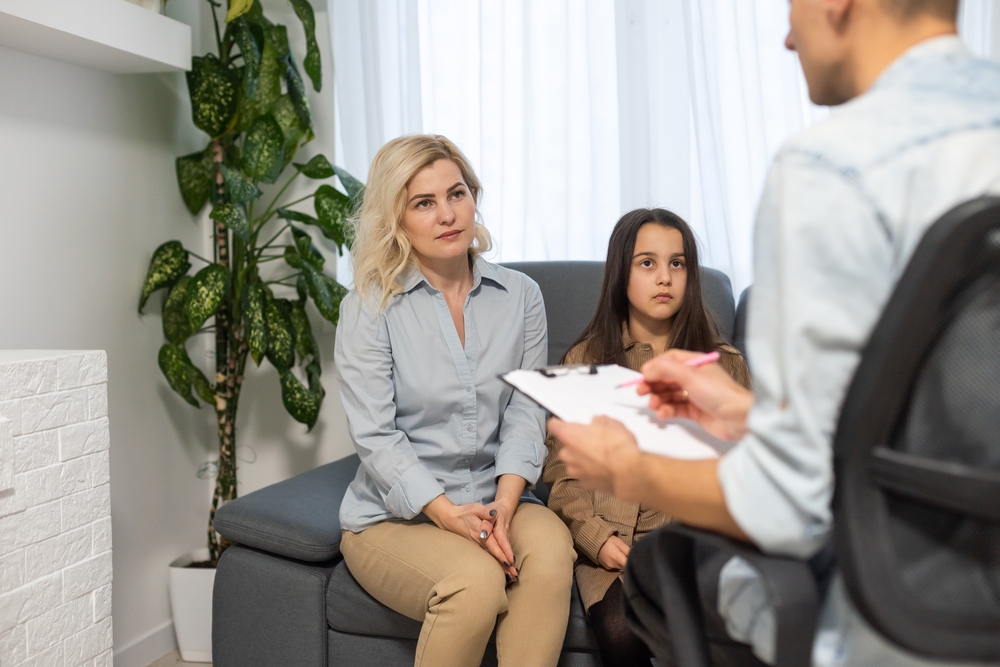
Mental health in children is a complex, multifaceted realm that encompasses their emotional, psychological, and social wellbeing. It affects how children think, feel, and act, influencing their ability to function in society, handle stress, make decisions, and build relationships. As children grow and develop, their mental health is shaped by various internal and external factors, including their genetic makeup, environmental conditions, and life experiences.
Understanding child mental health is not just about recognizing the issues and problems children might face. It's also about acknowledging their strengths, fostering their skills, and supporting their resilience and coping strategies. As parents, we play a crucial role in shaping our child's mental health, and our understanding of this complicated issue is the first step in ensuring their wellbeing.
Common Mental Health Issues in Children
Children can suffer from a range of mental health issues, just like adults, though their presentations can look different from their adult counterparts. These conditions can severely affect a child's behavior, emotions, and ability to learn. Some of the most common mental health issues in children include anxiety disorders, depression, and attention deficit hyperactivity disorder (ADHD).
Anxiety disorders are characterized by excessive fear, worry, or unease. These disorders can manifest in various forms, such as general anxiety, social anxiety, and specific phobias. Depression in children can present as irritability, loss of interest in previously enjoyed activities, and a persistent feeling of sadness. ADHD, on the other hand, is characterized by problems in paying attention, hyperactivity, and impulsive behavior.
Each of these conditions can have a profound impact on a child's life, affecting their academic performance, social relationships, and overall wellbeing. It's also important to note that children can experience more than one mental health issue simultaneously, commonly referred to as a co-morbidity.
Signs that Your Child May Need to See a Psychiatrist
While parents may learn the signs of common mental health issues, knowing when to reach out for help is often more challenging. When does my child need to see a doctor? Mental health issues in children often manifest differently than they do in adults, and children might not have the vocabulary or understanding to express what they’re feeling. However, there are certain signs to watch for that might indicate a need for professional help.
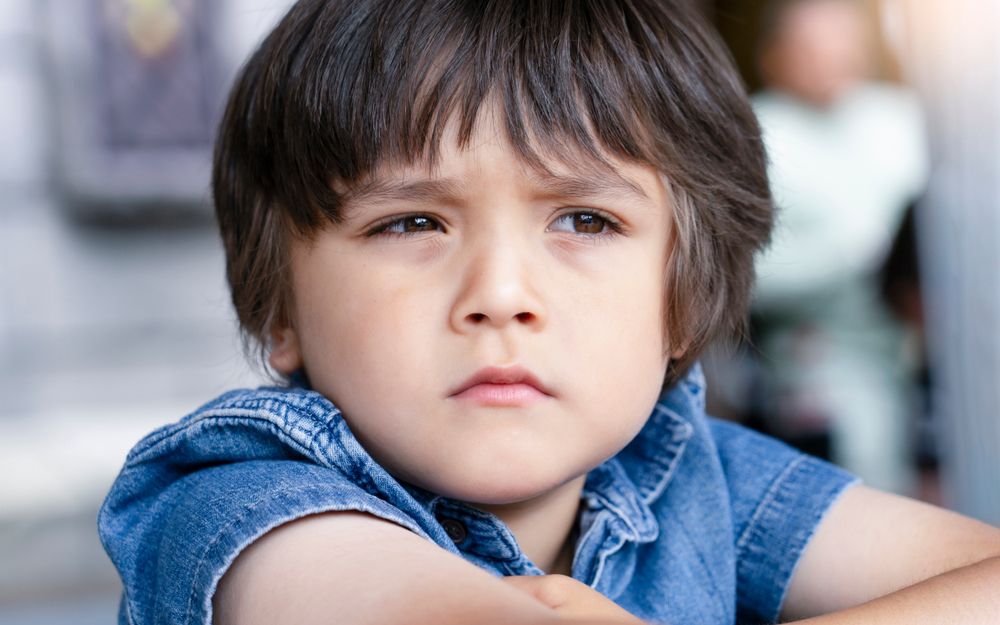
1. A Change in baseline: Changes in mood or behavior are often a clear indication that something might be wrong. If your child seems different than normal, this is a good time to investigate. Areas to consider include: If your child seems persistently sad, withdrawn, or unusually irritable. Additionally, pay close attention to changes in sleep patterns, appetite, level of concentration, a sudden drop in school performance, and/or a loss of interest in activities they once enjoyed. Social isolation can be a strong indicator as well in adolescents.
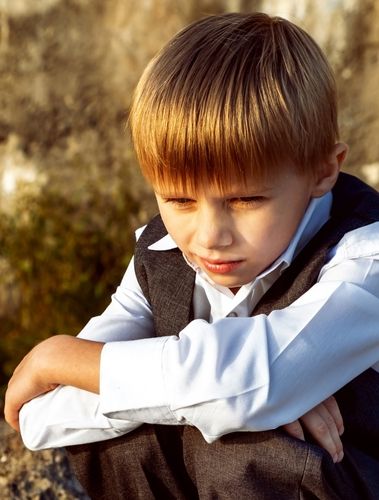
2. Emotional Dysregulation: Children exhibiting increased or continued disruptive behaviors including but not limited to tantrums, reactions that seem to be disproportionate to the provocation (“over-reacting), and/or aggression (verbal/physical) that is not incongruent with their developmental age.
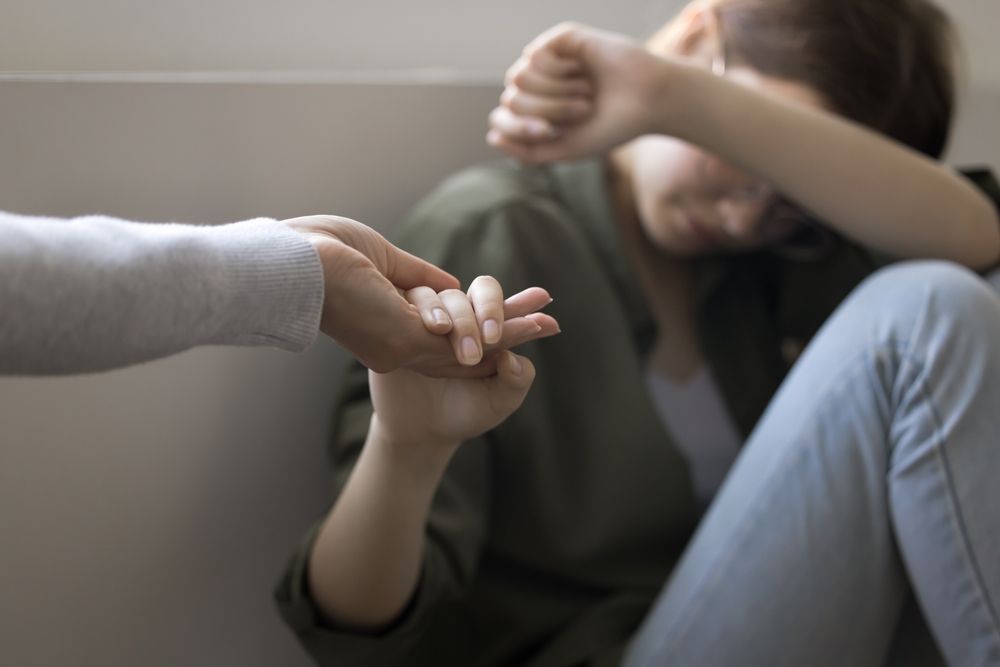
3. Safety Concerns: Persistent suicidal and/or homicidal thoughts (ideations), self-harming behaviors, running away (eloping), and/or past suicide attempts. Additionally, those with high acuity needs necessitating hospitalization and/or other higher level of care facilities.
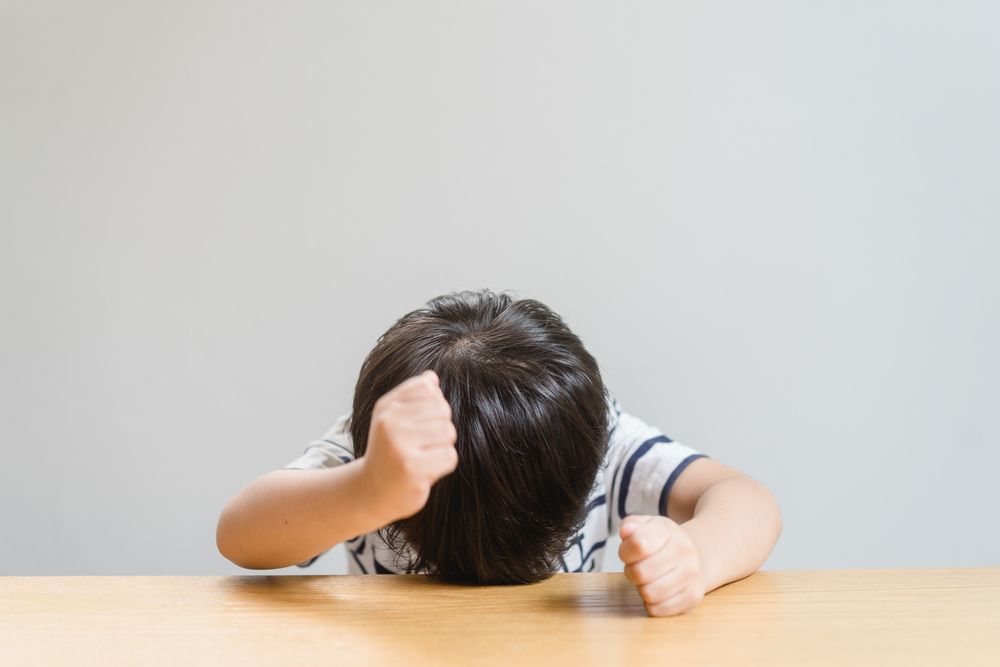
4. Treatment-Resistant Conditions: Children who have been diagnosed and treated for a mental health condition that is not improving despite appropriate psychiatric and/or therapeutic intervention.
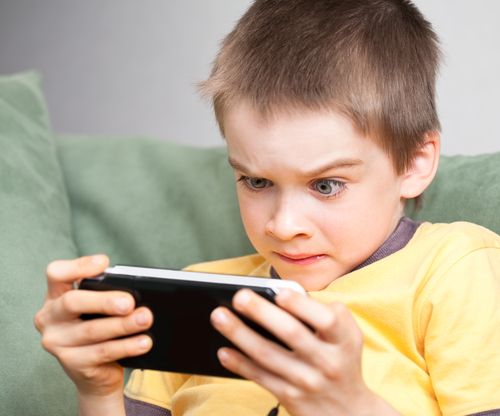
5. Addictions (i.e. Substance, Gaming, etc): Children whose behaviors around the likes of substances, gaming, pornography, etc have become compulsive and continuous despite negative consequences.
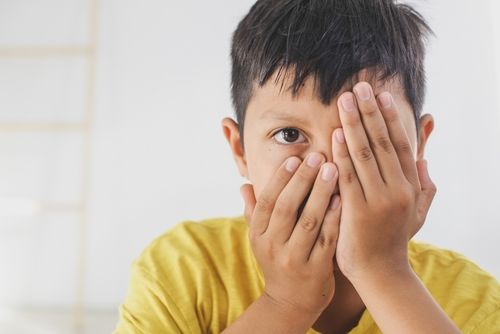
6. Trauma: Children who in-directly/directly experienced or witnessed an event that was stressful, frightening, and/or distressing and impacted their physical, emotional, and/or cognitive ability to function well within their various environments. This includes grief and loss.
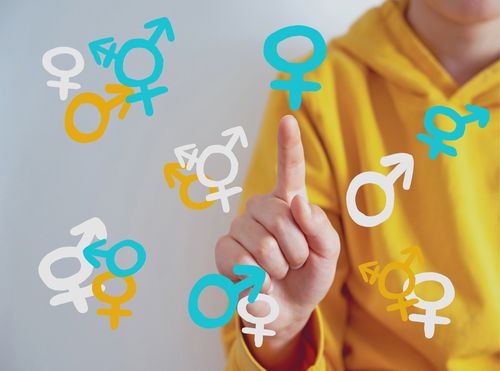
7. Gender Dysphoria: Children experiencing distress as it pertains to their assigned gender (at birth) and their experienced gender.
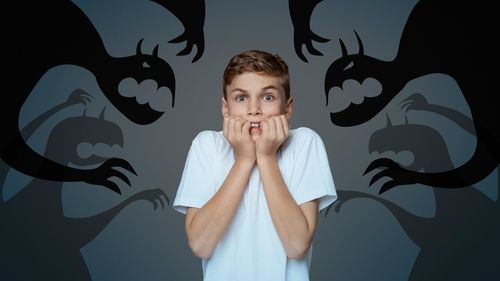
8. Psychosis: Children experiencing an altered reality, including but not limited to auditory/visual hallucinations, disorganized thinking/speech, paranoia, delusions, and/or flattening of emotions and expression.

9. Eating Disturbances: Children whose eating patterns include compensatory patterns such as binging, purging, and/or restricting that are negatively impacting their physiological, emotional, and mental well-being.
The Role of a Psychiatrist in Treating Child Mental Health
A psychiatrist plays a vital role in diagnosing and treating mental health issues in children. They are medical doctors who specialize in mental health, including substance use disorders. Psychiatrists can provide psychological interventions, prescribe medication, and offer advice on lifestyle changes that can help improve a child's mental health.
One of the main roles of a psychiatrist is to conduct thorough assessments to diagnose mental health conditions accurately. This process usually involves a combination of interviews, observation, screeners, and psychological testing (often administered by a licensed mental health professional such as a psychologist). The process involves both the parents/guardian/care-taker and the child, both together and separately. Once a diagnosis is made, the psychiatrist will develop a comprehensive treatment plan tailored to the child's individual needs.
Treatment plans often involve a combination of medication, psychotherapy, and lifestyle changes. Psychotherapy is a way to help children understand and manage their thoughts, feelings, and behaviors. Medication can be used to treat certain mental health conditions, and lifestyle changes can help children adopt healthier habits that support their mental health.
When is the Right Time to Take Your Child to a Psychiatrist?
Determining the right time to take your child to a psychiatrist can be a daunting task. As parents, it's natural to worry about our children and want to help them in any way we can. However, it's essential to remember that occasional mood swings, rebellious behavior, and even periods of sadness or anxiety can be a normal part of childhood and adolescence.
The right time to seek professional help is when you notice persistent changes in your child's mood, behavior, or social interactions that interfere with their daily life. If their symptoms are causing significant distress, affecting their schoolwork or relationships, or leading to harmful behavior, it's time to consult a psychiatrist.
Guiding Your Child Towards Mental Health
Understanding child mental health, recognizing common mental health issues in children, and knowing when is the right time to seek help are crucial aspects of supporting your child's mental wellbeing. Seeking help is an act of courage that can make a tremendous difference in your child's life.
If you suspect your child may be experiencing a mental health issue, reach out to our board-certified psychiatrist at The Lighthouse of Frisco. With the right help and support, your child can overcome mental health issues and lead a happy, healthy life. Click “Get Started” at www.tlhof.com, or call (214) 618-0544 to schedule your free consult today.
If you are currently having thoughts of hurting yourself and/or another person, call 911, 988, and/or go to the nearest emergency room. The Lighthouse of Frisco does not offer CRISIS stabilization.








